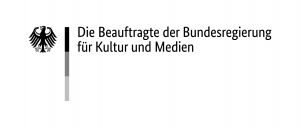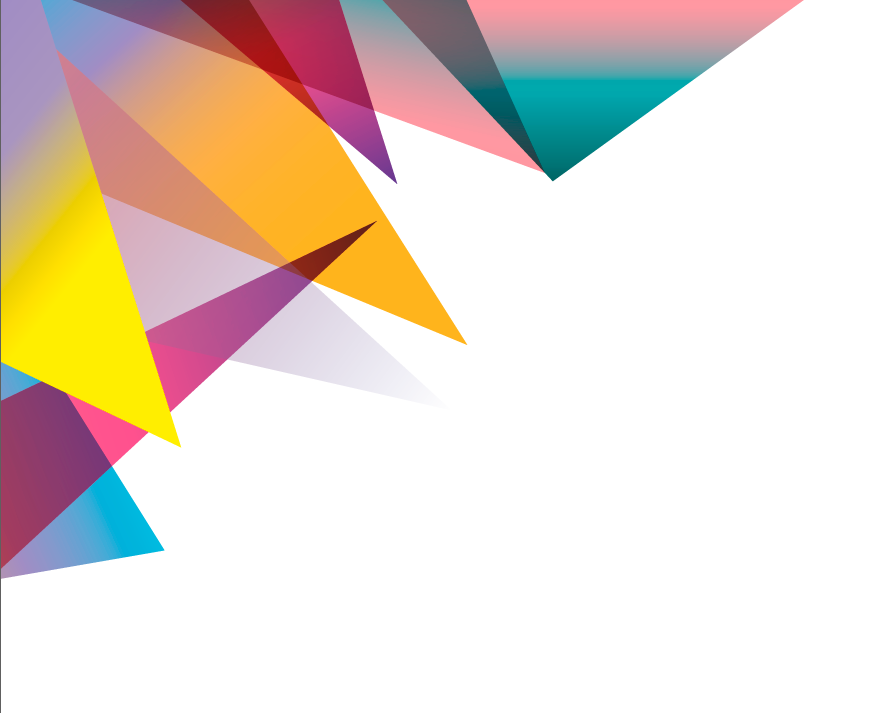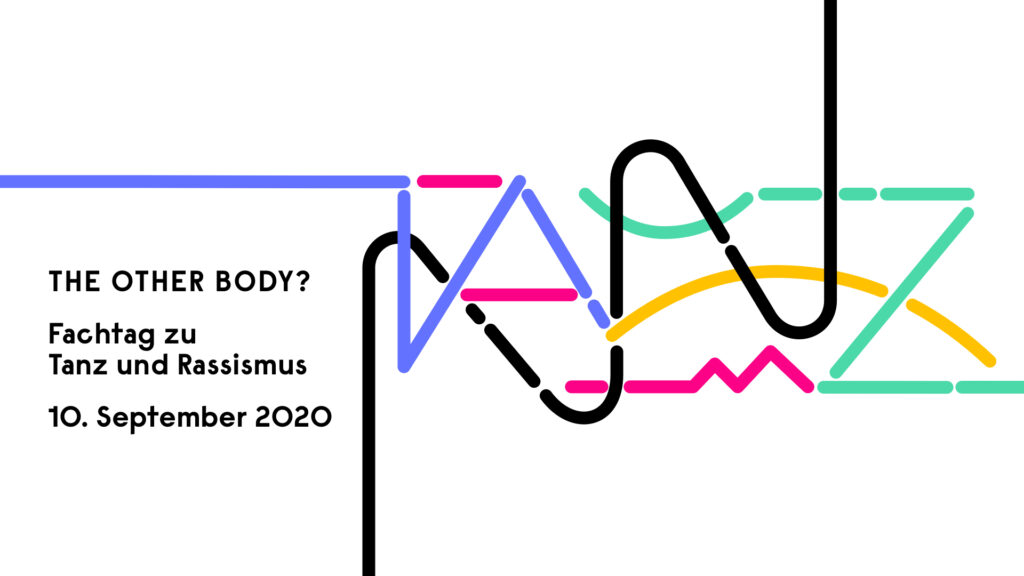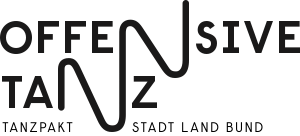The other body?
von Nora Amin (Kuration und Konzeption)
Venue: Schillertheater-Werkstatt oder via Zoom
Die Veranstaltung wird live auf YouTube übertragen: https://www.youtube.com/watch?v=vmPQu7VjdXE
– English version below –
„The other body?“ ist ein Fachtag für Tanzschaffende, Tanzpädagog*innen und Tanzinteressierte. Er richtet den Blick auf den Zusammenhang zwischen Tanz und Rassismus: Wer tanzt auf Berliner Bühnen? Wer sitzt im Publikum? Welche Stücke und Ästhetiken spiegeln Gesellschaftsstrukturen der Ungleichheit wider? Und: Wie geht eigentlich der Körper mit Erfahrungen von Rassismus um? In Vorträgen und Panels sprechen Künstler*innen, Tanzpädagog*innen und Zuschauer*innen über Etikettierung, Objektivierung und Entmenschlichung des tanzenden Körpers. Im Zentrum des Fachtags steht die Analyse rassistischer Strategien in der Geschichte der Tanzpädagogik und in den ästhetischen Traditionen des choreografierten Tanzes. Drei Sessions bieten Raum für Diskussionen, ein abschließender Slot eröffnet die Möglichkeit des performativen Ausdrucks.
Mit: Josep Caballero, Mohammed Diban, Nina Patricia Hänel, Raphael Hillebrand, Michael Freundt, Tümay Kılınçel, Hanna Ma, Zwoisy Mears-Clarke, Raha Nejad, Pasquale Virginie Rotter und Mey Seifan
Aufgrund der aktuellen Corona-Auflagen können nur maximal 20 Menschen am Fachtag teilnehmen. Alle 20 Plätze sind bereits vergeben.
Da wir die Veranstaltung live streamen, ist eine Online-Teilnahme möglich.
Bitte melden Sie sich hierfür ab dem 17.8. bis zum 7.9. unter kontakt@tanzkomplizen.de an.
Die Tagungssprache ist Englisch.
Das ausführliche Programm können Sie der unten aufgeführten englischen Version entnehmen.
****************************************
THE OTHER BODY?
Conference on dance and racism
“The Other Body?“ is a conference for dance artists and educators on the issue of dance and racism. It is an attempt to let artists, educators and spectators speak out against the labelling, objectification and de-humanisation of the dancing body, while considering the transformations of socio-political identities and the perspective of decolonisation. Central to the one-day conference is the analysis of the strategies of racism within the history of dance pedagogy and the aesthetic traditions of choreographed dance. Three sessions offer room for discussion, and a final slot opens up the possibility for performative expression.
SCHEDULE
| 14.00 | Keynote Nora Amin
|
| 14.30 |
Session 1: Critical initiatives by emerging artists moderator: Amelie Mallmann
|
| 16.00 | break
|
| 16.15 |
Session 2: Dance pedagogy from a socio-political perspective moderator: Nora Amin
|
| 17.45 | break
|
| 18.00 |
Session 3: The performative political body of today moderator: Michael Freundt
|
| 19.30 | break
|
| 20.00 |
Performative testimonies Selected dancers/choreographers are invited to embody their impressions in connection to the topic and to the discussions of the conference, in slots of 10 minutes: Raphael Hillebrand, Mohammed Diban, Pasquale Rotter, Josep Garcia Caballero & Raha Nejad |
| 21.00 | end |
SPEAKERS / SUMMARIES
Nina Patricia Hänel, professor for transmission processes at the Centre for Contemporary Dance at the University for Music & Dance Cologne/Germany, contemporary dance artist.
Summary: „Ver-/Mit(-teln)-/-Teil-en” – transformative potentials of transmission processes within collaborative learning environments in dance Practices of knowledge-, practice- and method-making in contemporary dance are experiential, diverse, highly reflective, and research-based. In order to empower the “situatedness” of such knowledge, artistic processes are often organized as collaborative and interdisciplinary arrangements in which the participants at hand negotiate multi-modalities of perspectives, positions, and expertise. In this sense dimensions of transmission processes can be seen as modalities of „Ver-/Mit(- teln)-/-Teilen”. Taking a closer look on this play of words, we will elaborate around the idea of the transformative potential of collaborating within artistic practices: How can one embody diversity and multi-perspectiveness? How can one navigate between the self- and the coregulative processes? How can one shift from a critical-constructive culture to a critical-empathetic culture of conversation and action-taking? How can these practices of „Ver-/Mit(-teln)-/-Teilen” contribute to other fields of action-taking in the current transformative dynamics we are living in?
***************
Tümay Kılınçel, performance and choreography artist, working mostly in Berlin, Düsseldorf, Frankfurt am Main. The focus in her artistic works is questioning the European and German dance canon, and empowering the suppressed and stereotyped body.
Summary: In her actual production „Dansöz“ and her research work about the so called ‚Belly Dance‘ she is trying to detox the exoticized body. This inspirational material brings up more questions rather than answers and builds up a space of discussion. Tümay Kılınçel believes that creative translations and a glimpse of humour can be an impulse to unbalance cultural dominances and move the minds.
***************
Hannah Ma, dancer and choreographer with Chinese-German roots. All her work is directly linked to her ongoing research on how we can build identities and roots on a global level whilst respecting cultural heritages within the dynamics of our migrating world.
Summary: „Decolonisation is always a matter of individual evolution“ – Hannah Ma will share her experience in working with artists in exile and with her company “The People United”. The German/Chinese choreographer wants to point out the fact that any process of decolonisation is always a process of individual evolution.
***************
Zwoisy Mears-Clarke, choreographer of the encounter. He uses the expanding potential of dance and choreography to confront mechanisms of oppression, like racism and ableism.
Summary: Zwoisy Mears-Clarke gives us an insight into the creation process of his latest choreographic work „Worn and Felt“ that was presented in Sophiensaele in May 2019. The content of the talk spans from the hiring process, the choreographic choices, to audience reactions, as a way to share how acting as an ally with BIPOCs has been central to those that he chooses to work with as well as his own artistic choices – his own anti-racist strategies.
***************
Livia Patrizi, artistic director of TanzZeit Berlin and initiator of TANZKOMPLIZEN in 2015. Until the beginning of 2019 she was part of the research and material development team of Kunstlabor Tanz from which the digital dance tool for schools, “Calypso”, emerged.
Summary: A line of continuity marks the way I grew up, my discovery of dance and my actual working field. At first, I had no choice but to embrace diversity. Dance was then a sort of antidote against the complexity of the world around me. I was happy to dive into the professional dance field, until something was missing. I will make a personal excursus trough this line and then raise questions about the self-made traps in our international but not very diverse dance garden.
***************
Mey Seifan, Berlin based choreographer & activist exploring the influence of consciousness and unconsciousness on the body in everyday life. She started Syrian dreams project; a documentation of late-night dreams Syrians have had since 2011, which gave the seeds for many theatre and film projects. In 2019 she co- founded the feminist NGO NESWA, where she led the first project focusing on the areas between art, social work and politics. Mey learned dance in 1987 in Damascus, then in Germany (high institutes in Frankfurt and Munich).
Summary: Since almost 10 years I’m taking the elements of my performances and researches from the source of the body experiences during a dream. In the next step I will take this subject to a political level. How does the daily-life of a Syrian body influence the subconscious of itself, and how does a nightmare shape the daily-life body? Is it an endless circle? What does that emptiness feel like, and why filling it with plastic bags and balloons? Flabby slushy grounds, finding a way in the darkness, withdrawal, double meaning movements and situations, the five senses in dreams, and sex. And what again was the ISIS fighter doing under the balcony of Juliet?
MODERATORS
Nora Amin, dancer, choreographer, writer and theatre director. Founding member of the Cairo Opera House Modern Dance company, founder and artistic director of Lamusica Independent Theatre Group where she produced and directed forty productions of dance, theatre and music. Founder and artistic director of The nation-wide Project of Theatre of the Oppressed and its Arab network in Lebanon, Sudan and Morocco. Previous S. Fischer guest professor (FU), former Valeska-Gert guest professor for dance sciences MA (FU), former lecturer in Mount Holyoke College (Theatre studies, MA), cultural policy (Hildesheim university), and centre for contemporary dance at the university of Köln. Mentor/expert at LAFT/PAP and Flausen+ Bundesnetzwerk.
***************
Michael Freundt, managing director of “Dachverband Tanz Deutschland”, worked as deputy director at ITI (International Theatre Institute, Germany) since 2003, artistic director of the Euro-Scene in Leipzig (2001-2002). Theatre producer, dramaturge & director. Previously worked in several projects in the field of independent theatre & dance.
***************
Amelie Mallmann, Berlin-based dramaturg and dance-mediator, is working for TANZKOMPLIZEN since 2018. She is part of the network „Offensive Tanz für junges Publikum“, a project funded by TANZPAKT Stadt – Land – Bund.
PERFORMERS
Josep Caballero, choreographer & performer, working in the last years around the concept of Otherness and non-normative cultural & gender identities. In his last work, „MELANCHOLIA“, he imagines the loss of current normative gender and power structures, such as love versus submission or desire versus violence.
***************
Mohammed Diban, dancer, choreographer & CEO of Harake Dance Company. Received a Bachelor of dance degree at The Higher Institute of Dramatic Arts (Damascus). Founder of Harake Dance Company, Mohammed has choreographed many performances, such as SELSAL, HADRA HURA, OPIUM, RITA, THE LONG RAIN and VOICES OF DAMASCUS in Mallorca/Spain 2018.
***************
Raphael Hillebrand, born in Hong Kong and raised in Germany, is a choreographer coming from a hip-hop background into his own polycultural visions and creations. An international leading figure in cultural cooperations through Goethe Institute, besides his directorial and choreographic work in German theatre, such as Theater Freiburg. In 2014 he completed his MA in choreography (HZT).
***************
Raha Nejad, German-born Persian dancer/choreographer; her talent is the variety of dance styles, she refines and extends it on battles and in theatre productions, like in her own piece „PERSIAN HAIR“ as a solist. In cooperation with Christoph Hagel, she choreographed „Carmina Burana und die Zauberflöte“. She has been working for the Dance Studio Flying Steps Academy for several years.
***************
Pasquale Virginie Rotter lives in Berlin and works as a writer, facilitator for Empowerment, Lecture Performer and Somatic Empowerment Coach (#thelovinggaze) all over Germany, promoting the re/creation of re/connection between people, in the light of racist and sexist violence, disempowerment and trans-generational trauma.
Eine Veranstaltung im Rahmen der


![]()
Gefördert von TANZPAKT Stadt-Land-Bund aus Mitteln der Beauftragten der Bundesregierung für Kultur und Medien sowie der Senatsverwaltung für Kultur und Europa in Berlin.
Ort
Schillertheater-Werkstatt, Bismarckstraße 110, 10625 Berlin
U2 Ernst-Reuter-Platz



